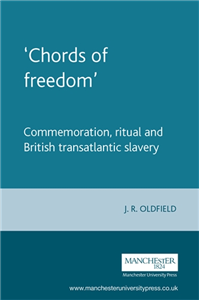David Bowie, Enid Blyton and the sun machine
by Nicholas Royle
In this one-of-a-kind book, novelist and academic Nicholas Royle brings together two remarkably different creative figures: Enid Blyton and David Bowie. His exploration of their lives and work delves deeply into questions about the value of art, music and literature, as well as the role of universities in society. Blending elements of memoir and cultural commentary, Royle creates a tender and often hilarious portrait of family life during the pandemic, weaving it together with musings on dreams, second-hand bookshops and unpublished photos of Bowie taken by Stephen Finer. He also shares previously unrecorded details about Blyton's personal life, notably her love affair with Royle's grandmother. David Bowie, Enid Blyton and the sun machine offers a singular perspective on the cultural significance of two iconic figures. In doing so, it makes a compelling case for the power of storytelling and music to shape our lives.























